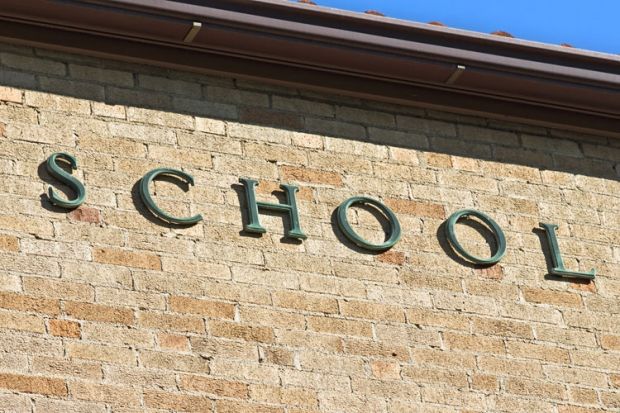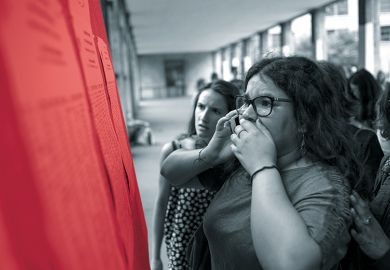Among them is University College London, which opened its first academy last year and was described by former schools minister Lord Adonis as “the future of education”.
However, last month Ofsted inspectors judged the school as “requiring improvement”, listing the quality of teaching as an area of concern, while stating that pupils were not making expected progress. The school responded in a statement saying it was “deeply disappointed” by the verdict.
Speaking to TES, David Price, UCL’s vice-provost and chair of governors at the university’s academy, said the school had suffered as a result of its building not being ready in time.
“There were significant changes in the planning because of governmental intervention and there were significant building problems, which meant we could not move into our building for the first six months,” Professor Price said.
But he was adamant that by being supported by a leading university, the UCL academy would enjoy “fabulous benefits”. “There are lots of opportunities for both students and staff of the school to use the university’s resources, while pupils will be taught by some of our academics,” he said.
Also last month, schools minister Lord Nash was forced to issue a “pre-warning notice” letter to the directors of the University of Chester Academies Trust, calling on them to raise their game due to concerns about the performance of three of their schools.
In his letter, Lord Nash said he was worried that there had been a “serious breakdown” in the manner in which the schools were managed and governed.
Students at the University of Chester Church of England Academy, the University of Chester Academy Northwich and the University Academy Liverpool were not making good enough progress, he said.
“The secretary of state and I are therefore satisfied that the standards of performance at these three academies are unacceptably low,” Lord Nash said.
His caution came just two months after he issued a similar pre-warning notice to the University of Nottingham’s Samworth Academy after its GCSE results dipped from 35 per cent of pupils gaining five good grades to 32 per cent.
The school was placed into “special measures” by Ofsted, which said that students’ reading, literacy and numeracy skills were “weak”, while the teaching was deemed to be inadequate. Both Nottingham and Chester said they have action plans in place to turn their schools around.
Earlier this year, Lord Nash refused to sanction a bid by the Institute of Education, University of London, to open a free school on the basis that it did not have enough recent experience of running a secondary school.
This was despite the institute’s position as a leading education research centre and wider moves by ministers to get the higher education sector more involved in schools. One of Michael Gove’s key reforms has been to push universities, particularly the likes of Oxford and Cambridge, to set A-level exams – a move that was met with significant reluctance among the tertiary sector.
But according to Jonathan Simons, head of education at the right-of-centre thinktank Policy Exchange, none of the early problems should put off universities becoming ever more involved in schools.
“Of course universities should be involved in schools – because it’s the right thing to do from one part of the same education system to another, which are both largely funded by the taxpayer,” Mr Simons said. “But it’s also in the universities’ interest – future undergraduates, future academic staff and all other staff that universities depend on all come out of schools.”
Register to continue
Why register?
- Registration is free and only takes a moment
- Once registered, you can read 3 articles a month
- Sign up for our newsletter
Subscribe
Or subscribe for unlimited access to:
- Unlimited access to news, views, insights & reviews
- Digital editions
- Digital access to THE’s university and college rankings analysis
Already registered or a current subscriber? Login




